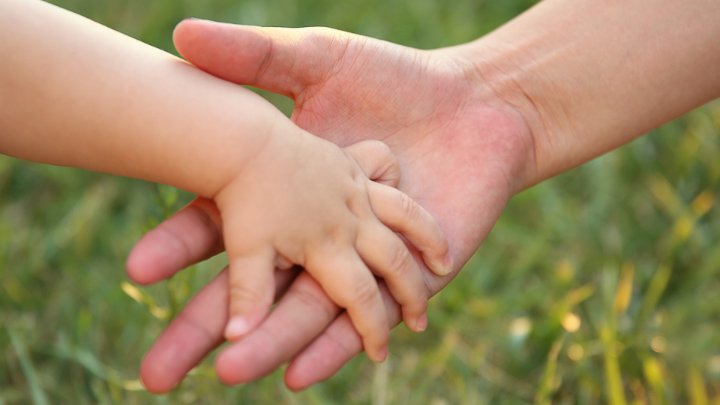Scrutiny ask children and families for views on Government's response to COVID
24 September 2021

A survey for children and young people has been launched to encourage children and families to provide their thoughts on COVID to the Children, Education and Home Affairs Scrutiny Panel and help identify key learnings from the pandemic.
Children in Year 3 and above are being asked to complete an online survey with their families, over 250 people have already completed the survey so far. The Panel has also sent postcards to all young Islanders at Nursery and in Reception, Year 1 and Year 2. The postcards were sent out recently via the schools. Islanders are encouraged to complete the postcards and the survey before the extended deadline of Tuesday 28th September.
The questions on the postcards and in the online survey ask Islanders how they felt during the pandemic so the Panel can collate comments and ensure children's views are heard and relayed to the Government. Younger children are encouraged to draw a picture in the space provided on the postcard or write in their own words about how the pandemic has affected them. Parents are also encouraged to prompt discussion and can scribe their children's words onto the postcard.
The survey and postcards follow other work undertaken by the Panel to date in its review, including focus groups with young people and families. Academic advisors have advised and helped the Panel to understand what children and young people felt during the pandemic from the evidence submitted.
The Children, Education and Home Affairs Panel's remit allows it to analyse whether the Government Education department have implemented policies which are in the best interests of members of public. The Panel has been undertaking this review in order to identify the following key issues:
- The impact of the school closures/lockdown/stay at home order/work for home and loss of the learning environment on children, young people, their families and home working environment, from conception to aged 25.
- The appropriateness or not of the decisions and actions taken by the Government of Jersey that directly related to the wellbeing of children and young people during the initial stages and subsequent stages of the pandemic (be that social, emotional or physical)
- The ethos, culture and processes in relation to children and families within key decision-making bodies such as Council of Ministers, Competent Authorities, Emergencies Council and States departments, and whether children are being considered at the earliest stages and prioritised in line with the States-wide commitment to 'putting children first.'
- The views of children, young people and their families on the decisions and actions that were taken to maintain their wellbeing during the initial and subsequent stages of the pandemic.
- To examine existing inequalities and identify the additional impact of the pandemic on these issues.
- How the various needs of children and young people were addressed at different stages of the pandemic.
- To examine the Scientific Technical Advisory Cell (STAC) advice at all key decision milestones against the decisions taken by the Government of Jersey in respect of the impact on and wellbeing of children and young people.
Deputy Louise Doublet, Vice-Chair of the Children, Education and Home Affairs Scrutiny Panel said:
"I felt it was important to reach out directly to the children of Jersey. I want them to know that we in Scrutiny and the States Assembly care about their experiences and views and that we are listening to them. We are there to represent them as well as the adults of our island. I have been impressed by the emotional intelligence shown by the children participating in our commissioned focus groups and am looking forward to seeing the wider responses from the survey and postcards. I would like to thank the families who have already taken part and urge those who have yet to do so, to help their children to reflect on their experiences during the pandemic and record their thoughts on how they have been affected and what they need next."
The Panel will present its findings and recommendations to the States Assembly before the end of 2021.



.png?w=1200&h=630&ext=.png&width=370)